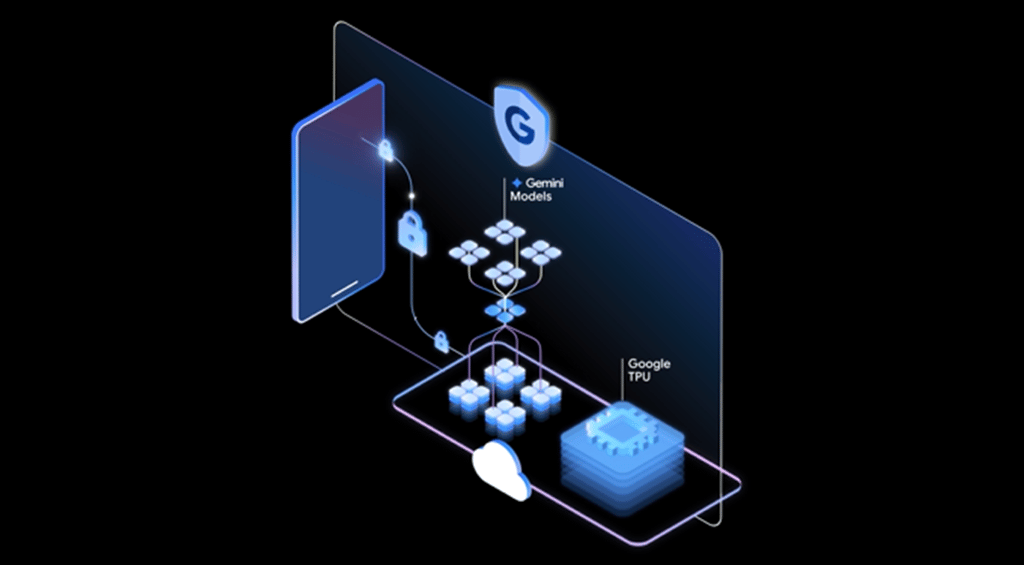The enthusiasm surrounding artificial intelligence (AI) technologies from business leaders isn’t quite shared by consumers, according to a new report from professional services firm Genpact. Capping a three-part research series on AI, the company found that three quarters of consumers are worried about AI violating their privacy in a survey of more than 5,000 people […]
Datamation content and product recommendations are
editorially independent. We may make money when you click on links
to our partners.
Learn More
The enthusiasm surrounding artificial intelligence (AI) technologies from business leaders isn’t quite shared by consumers, according to a new report from professional services firm Genpact.
Capping a three-part research series on AI, the company found that three quarters of consumers are worried about AI violating their privacy in a survey of more than 5,000 people across the U.S., the U.K. and Australia. More than half of respondents (59 percent) felt that the government should step in to protect their personal data from AI.
Genpact’s research also reveals that consumers are wary about chatbots. Only 12 percent of respondents said they would use a chatbot for their customer service needs, even if it could outperform a human in terms of speed and accuracy.
If these concerns linger, they may spell bad news for organizations banking on AI chatbots to help reduce customer support costs.
This past summer, Juniper Research predicted that chatbots will yield banks and healthcare organizations cost savings of over $8 billion per year by 2022 compared to just $20 million this year. Banks are poised to save 70 cents per chatbot interaction in 2022 as success rates jump to 93 percent from 20 percent in 2017.
Fifty-eight percent of respondents in Genpact’s survey were uneasy about companies exposing their personal data to AI systems as a means to personalize and enhance the customer experience. Sixty-three percent are worried that AI can make decisions that affect their lives without them being made aware.
These views contrast sharply with how executives view AI and its business-boosting capabilities.
Most senior executives (88 percent) at firms that are bullish on AI believe that the technology will provide better customer experiences over the next three years, according to an earlier Genpact study. Eighty-two percent of executives said they plan to adopt AI by 2020.
Enterprises will need to do a better job of aligning their AI-enabled business strategies with the expectations of their customers, said Sanjay Srivastava, chief digital officer at Genpact.
“AI is a game-changer to improve the customer experience, yet real challenges remain regarding trust and privacy,” remarked Srivastava in a Dec. 6 announcement. “To encourage adoption, the key is to have visibility into AI decisions, and be able to track and explain the logic behind them. Companies need to break through the ‘black box’ to drive better insights for their business and give consumers the assurance they need.”
Pedro Hernandez is a contributing editor at Datamation. Follow him on Twitter @ecoINSITE.
-
Ethics and Artificial Intelligence: Driving Greater Equality
FEATURE | By James Maguire,
December 16, 2020
-
AI vs. Machine Learning vs. Deep Learning
FEATURE | By Cynthia Harvey,
December 11, 2020
-
Huawei’s AI Update: Things Are Moving Faster Than We Think
FEATURE | By Rob Enderle,
December 04, 2020
-
Keeping Machine Learning Algorithms Honest in the ‘Ethics-First’ Era
ARTIFICIAL INTELLIGENCE | By Guest Author,
November 18, 2020
-
Key Trends in Chatbots and RPA
FEATURE | By Guest Author,
November 10, 2020
-
Top 10 AIOps Companies
FEATURE | By Samuel Greengard,
November 05, 2020
-
What is Text Analysis?
ARTIFICIAL INTELLIGENCE | By Guest Author,
November 02, 2020
-
How Intel’s Work With Autonomous Cars Could Redefine General Purpose AI
ARTIFICIAL INTELLIGENCE | By Rob Enderle,
October 29, 2020
-
Dell Technologies World: Weaving Together Human And Machine Interaction For AI And Robotics
ARTIFICIAL INTELLIGENCE | By Rob Enderle,
October 23, 2020
-
The Super Moderator, or How IBM Project Debater Could Save Social Media
FEATURE | By Rob Enderle,
October 16, 2020
-
Top 10 Chatbot Platforms
FEATURE | By Cynthia Harvey,
October 07, 2020
-
Finding a Career Path in AI
ARTIFICIAL INTELLIGENCE | By Guest Author,
October 05, 2020
-
CIOs Discuss the Promise of AI and Data Science
FEATURE | By Guest Author,
September 25, 2020
-
Microsoft Is Building An AI Product That Could Predict The Future
FEATURE | By Rob Enderle,
September 25, 2020
-
Top 10 Machine Learning Companies 2021
FEATURE | By Cynthia Harvey,
September 22, 2020
-
NVIDIA and ARM: Massively Changing The AI Landscape
ARTIFICIAL INTELLIGENCE | By Rob Enderle,
September 18, 2020
-
Continuous Intelligence: Expert Discussion [Video and Podcast]
ARTIFICIAL INTELLIGENCE | By James Maguire,
September 14, 2020
-
Artificial Intelligence: Governance and Ethics [Video]
ARTIFICIAL INTELLIGENCE | By James Maguire,
September 13, 2020
-
IBM Watson At The US Open: Showcasing The Power Of A Mature Enterprise-Class AI
FEATURE | By Rob Enderle,
September 11, 2020
-
Artificial Intelligence: Perception vs. Reality
FEATURE | By James Maguire,
September 09, 2020
SEE ALL
BIG DATA ARTICLES
Pedro Hernandez is a contributor to Datamation, eWEEK, and the IT Business Edge Network, the network for technology professionals. Previously, he served as a managing editor for the Internet.com network of IT-related websites and as the Green IT curator for GigaOM Pro.









